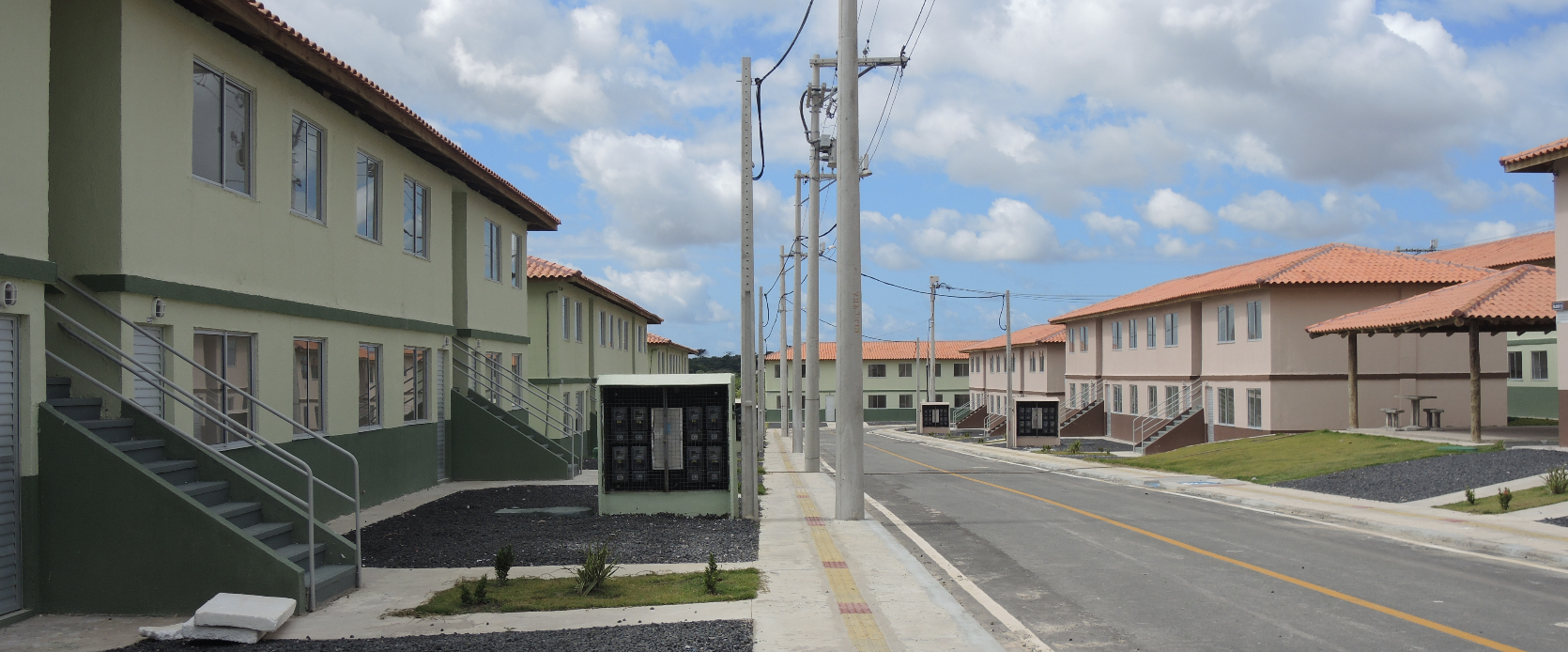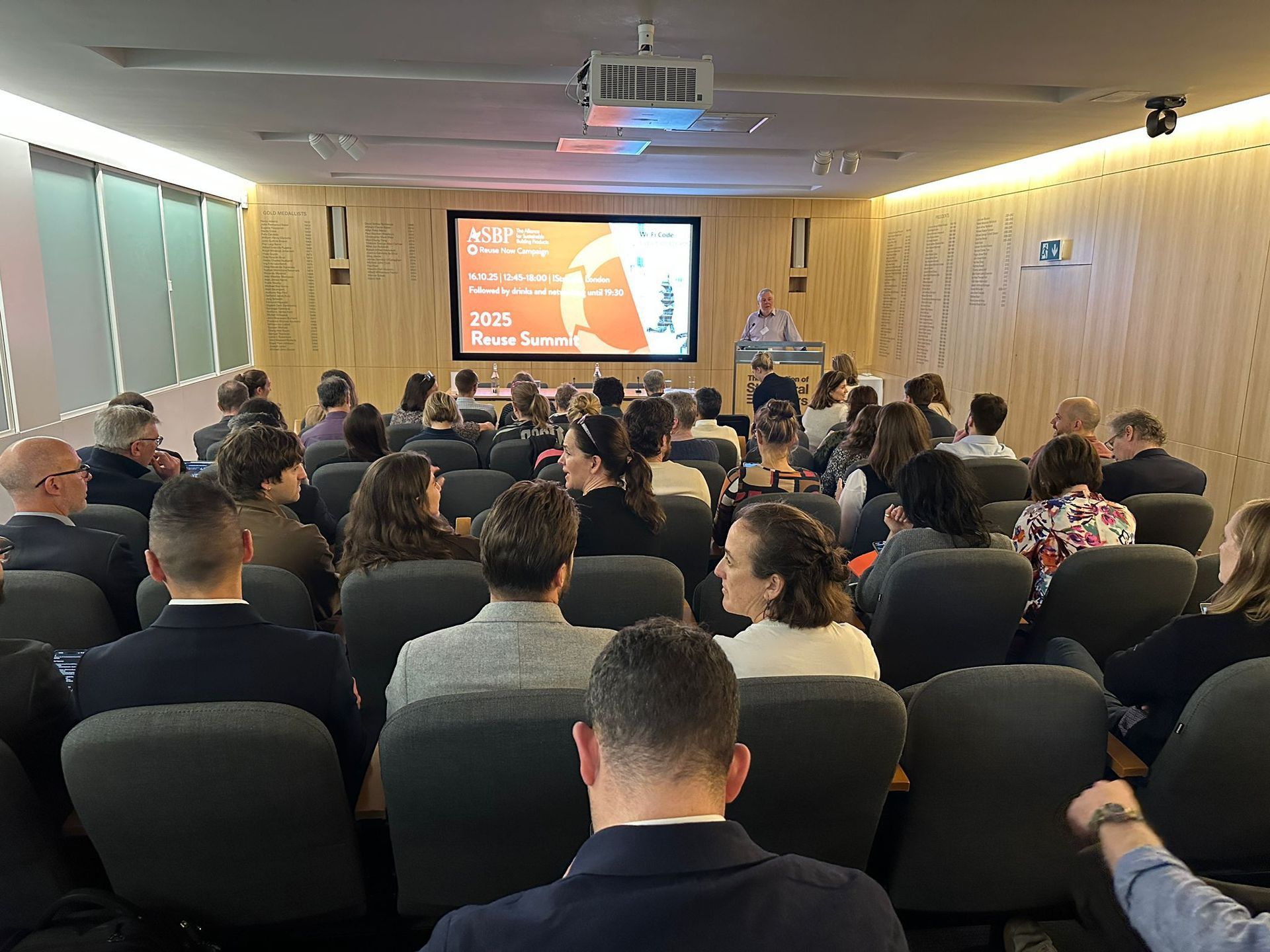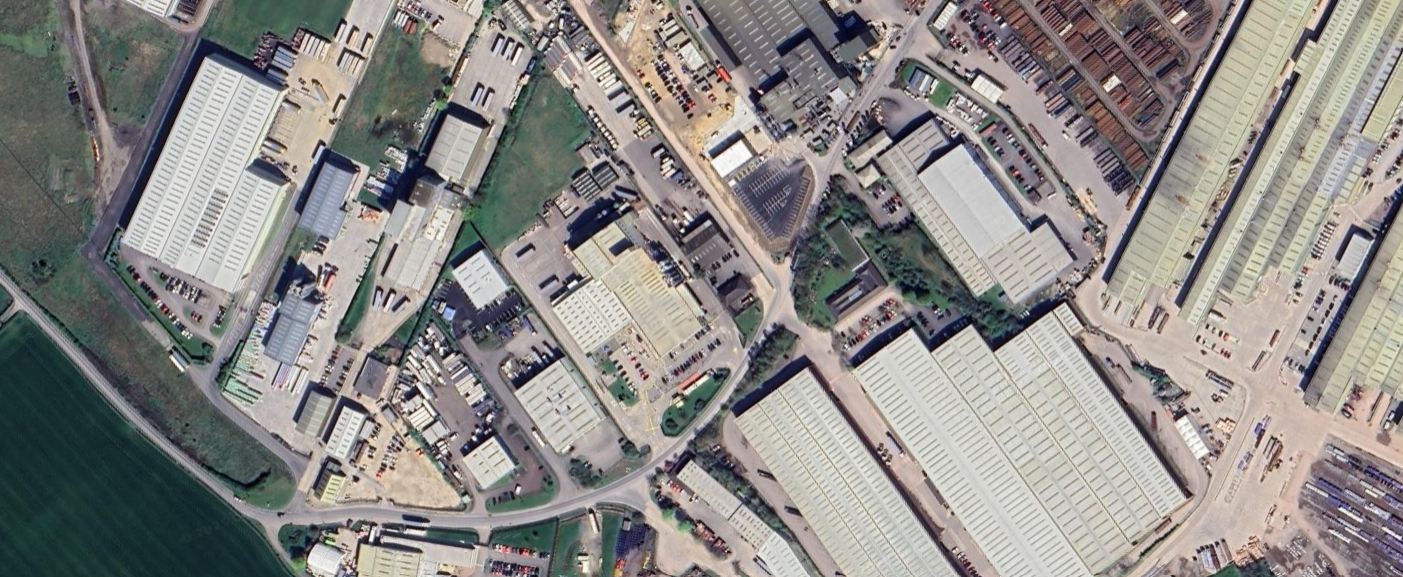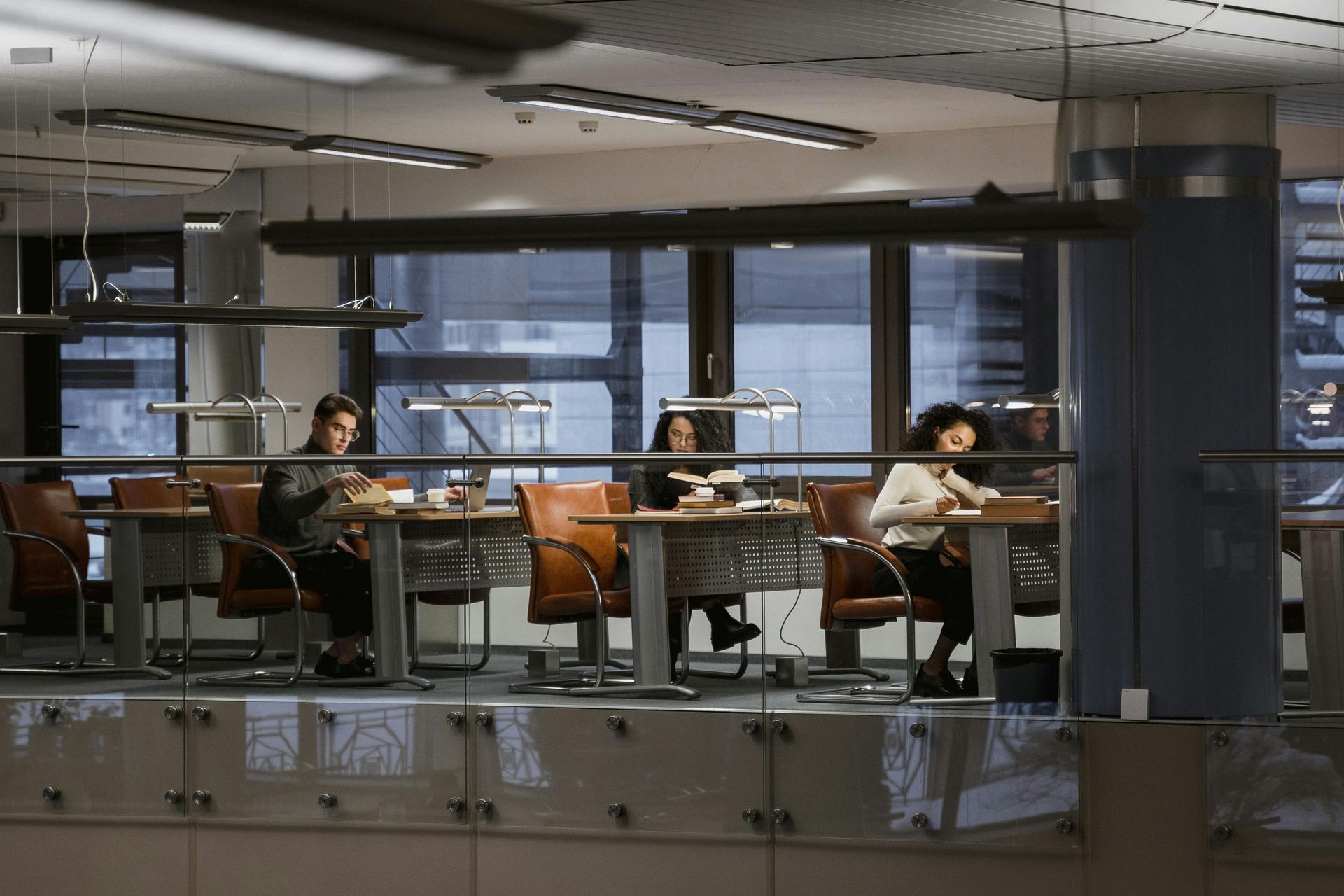Decarbonising Dalton Industrial Estate – Circular Economy in Action
Reusefully, in partnership with North Yorkshire Council and key stakeholders, provided the circular economy work package as a part of an innovative project to decarbonise Dalton Industrial Estate in Thirsk, North Yorkshire. The project, funded by Innovate UK, aims to develop a credible and actionable route to Net Zero by 2040. Harriet Couch of Reusefully writes ..
Dalton Industrial Estate is home to a diverse mix of private businesses from metal stockists to animal feed and building products manufacturers. With carbon emissions expected to rise and further developments planned on site, decarbonisation will be vital to meet net zero targets. The project aims to create a blueprint for other rural industrial estates across the UK to follow.
Overall the decarbonisation project is made up of five work packages – Power, Heat, Circular Economy, Transport and Natural Capital, with the circular economy work package overseen by Cleveland Steel and Tubes, a leader in steel reuse.
Our circular economy work package comprised five main activities:
- A waste audit to form a baseline for resource inputs and outputs (waste) for each business participating and the related carbon emissions. This included site visits and online interviews, and an assessment of circular economy opportunities from a carbon emissions perspective. Local waste management organisations used were also contacted.
- Tailored action plans including quick wins were created for each business taking part.
- Shared onsite opportunities were highlighted.
- Offsite interventions were highlighted.
- Collation and knowledge sharing with other stakeholders.
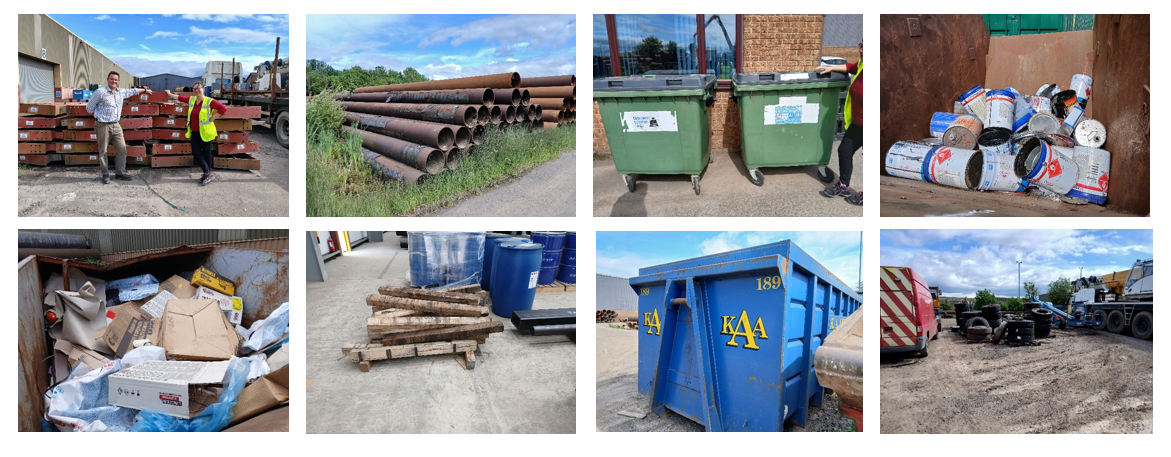
Solutions
The solutions proposed included:
- Centralised recycling facilities to lower carbon emissions from waste disposal transport and through compaction of higher value waste streams. Most companies had optimised their processes to reduce waste. Larger companies had established practices for waste management however all had scope to improve their waste segregation especially in packaging. Wider participation in this scheme would increase the carbon saving achieved.
- Improvement in waste segregation through training and awareness for staff and the use of waste champions.
- Reduction in total waste through a reduction in inputs and using available manufacturer take back schemes.
- Using industrial symbiosis, capitalising on opportunities for businesses source products from each other.
- Setting up a reuse hub/advertising items to local community organisations.
We were also involved in modelling the carbon reduction strategies of different solutions.
The project aims to provide positive outcomes such as a reduction in waste management costs, together with practical action plans for each company involved on the site, and increased stakeholder engagement. Ultimately this will help decarbonise the industrial activities at Dalton and provide a blueprint for others throughout the UK.
The work at Dalton was funded under the
Local Industrial Decarbonisation Plans (LIDP) Competition, whereby UK registered organisations can apply for a share of up to £5 million to develop strategic plans for place-based industrial decarbonisation.
“We have had a great experience working with Reusefully on this project. Circular Economy is the principle upon which our business was based 50 years ago so it was a pleasure to work with people with such great knowledge and outlook. They were professional and communicative and hopefully we will have achieved some great circular outcomes for the industrial estate”
Roy Fishwick, Managing Director, Cleveland Steel and Tubes

